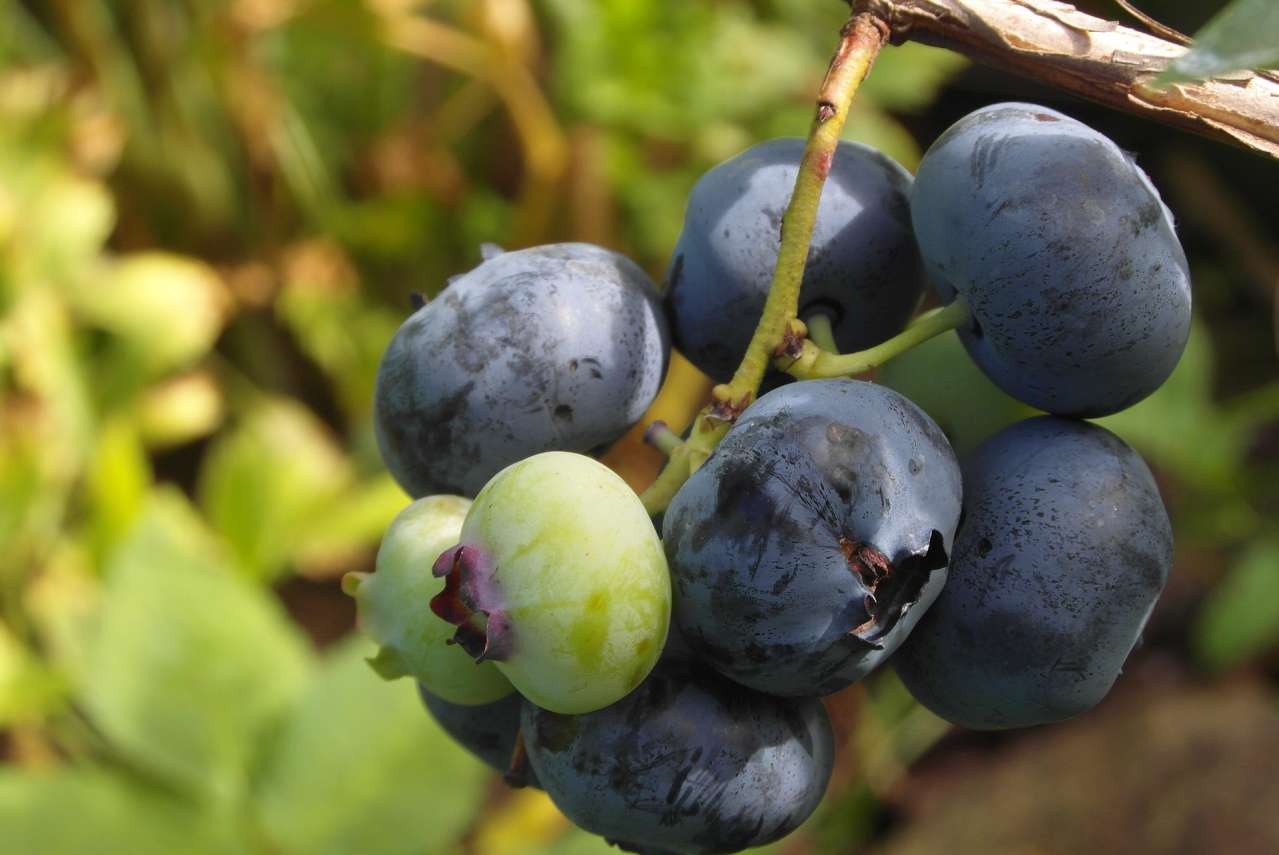Blueberries need to be planted in a sunny place, well lit throughout the daylight hours. Planted in the shade, it may not bear fruit at all or give very small yields.
The soil
For garden blueberries, loose peat-sandy soil is best suited, but she does not like fertile soil at all. An ideal planting site next to cranberries, junipers, rhododendrons and conifers.
If the soil does not have an acidity of 3.5 to 5, it must be acidified. To do this, the soil is watered with a solution of citric acid.

The ideal basic soil is sandy loam with the inclusion of organic matter in the amount of 2–3%. The soil prepared for planting should be moisture and breathable, hygroscopic, but not prone to swamping.
Watering
For blueberries, the lack of water is terrible.
It is better to water blueberry bushes 2 times a week, one bucket of water per adult bush twice a day (preferably in the evening).
Abundant watering is necessary in July-August, since at this time blueberries bear fruit, and at the same time flower buds are laid, forming the next year's crop.
Blueberry fertilizer
When fertilizing, it is advisable to adhere to the following rules: for one two-year-old bush, one tablespoon of Calcium nitrate (N15.5% + Ca 26.5%) must be applied; on a three-year-old bush - two tablespoons; on a four-year-old bush - four spoons.
When and how to prune blueberries
Pruning blueberries should be done in early spring (March, early April), before bud break. It is better to remove cut branches (shoots) from the site and burn them in order to prevent the development of diseases and pests on them after winter, which can cause infection for blueberry bushes.












